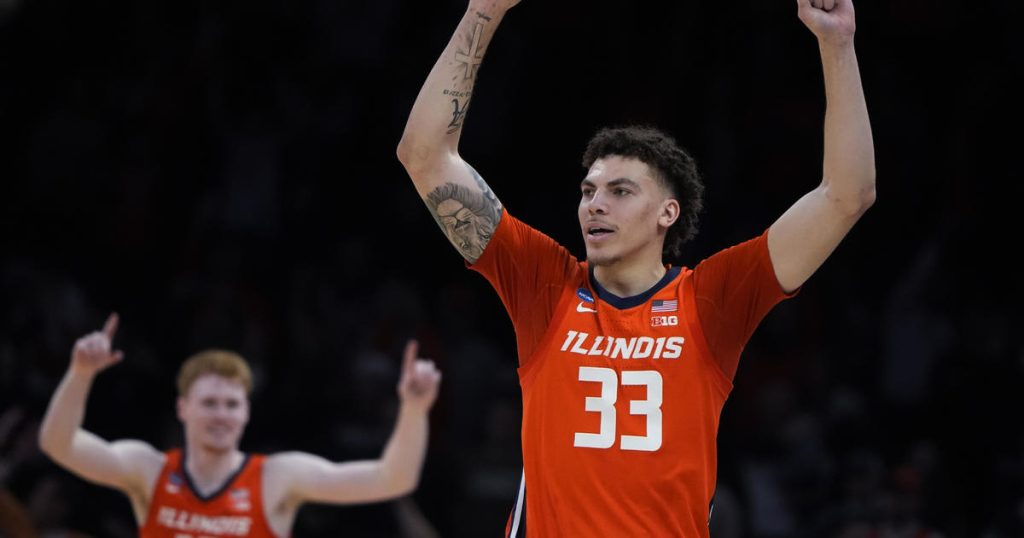A $2.8 billion settlement has been reached in an antitrust lawsuit against the National Collegiate Athletic Association (NCAA) and the five biggest conferences in college sports. This settlement is in response to allegations that the NCAA and conferences prevented athletes from earning money through endorsement and sponsorship deals, based on their name, image, and likeness (NILs). The agreement calls for over 14,000 former and current college athletes to receive payments over 10 years, compensating them for missed opportunities to earn money dating back to 2016. The challenge now is determining how much each player will receive and the criteria for these payouts.
While the deal still needs approval from a federal judge overseeing the case, it has the potential to change the landscape of college sports, allowing athletes to be compensated more like professionals. The NCAA faces a decision on how to distribute the funds, whether to pass them to colleges for allocation or hire an outside entity for this purpose. The distribution could be merit-based, considering the athlete’s success in competition, or market-based, with higher payments going to players from revenue-generating sports like basketball and football. Athletes from sports with less revenue, such as golf or volleyball, may receive smaller payouts.
There is a suggestion to adopt a payment model similar to European soccer, which combines equal shares for all players with additional rewards for participation in popular sports. This hybrid model could allocate funds based on equity, performance, and popularity, ensuring fair compensation for athletes while also considering the financial contributions of different sports to the overall revenue of college athletic departments. The potential for star athletes in high-revenue sports to receive significant payouts, similar to professional contracts, highlights the changing dynamics of college sports and the opportunities now available for student-athletes.
The impact of this settlement extends to current and former student-athletes who have missed out on earning opportunities due to NCAA rules regarding NILs. By addressing these issues and providing compensation for past injustices, the NCAA and conferences are moving towards a new era of college sports that prioritizes fair treatment and financial support for athletes. The potential challenges in implementing this settlement, including determining individual payout amounts and addressing any legal challenges, will require careful consideration and collaboration among all parties involved. This landmark agreement represents a significant step towards reforming the college sports industry and ensuring that student-athletes are fairly compensated for their contributions.


